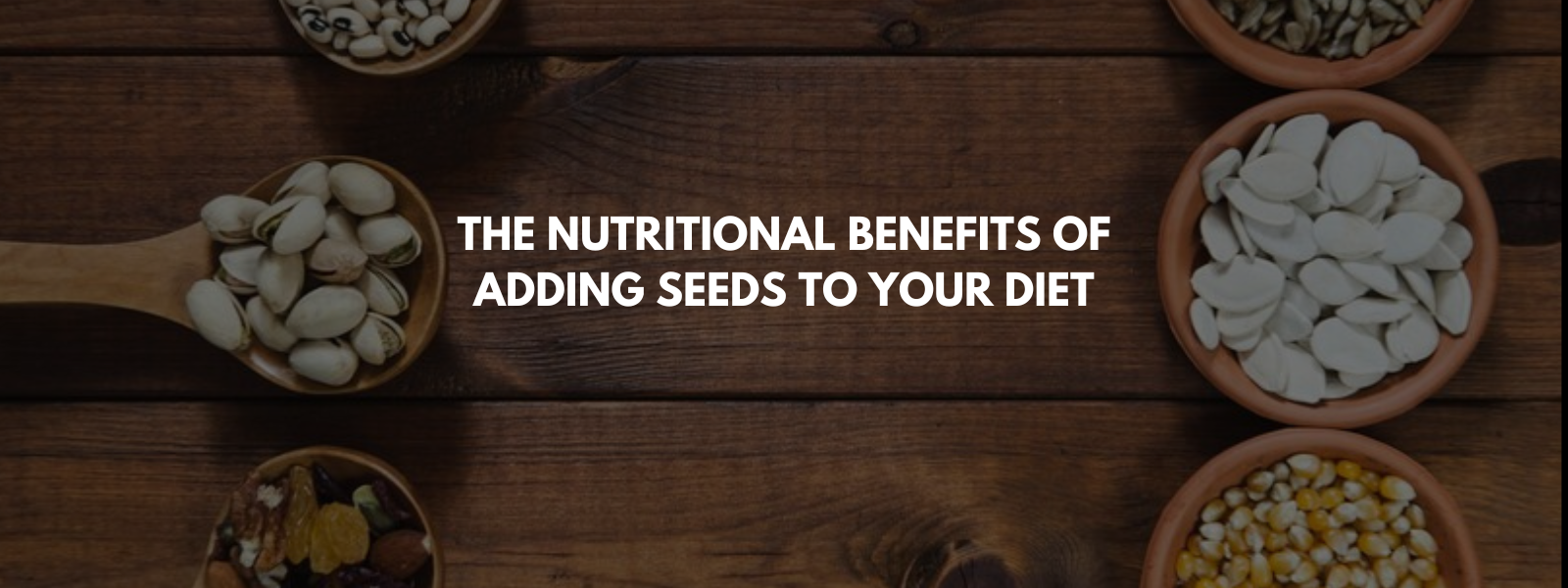The connection between diet and mental health is a dynamic interplay that extends beyond mere nourishment. What we eat profoundly influences how we feel, think, and function mentally. Essential nutrients, such as B vitamins and omega-3 fatty acids, play pivotal roles in regulating mood and cognitive function. Conversely, diets high in processed foods and sugars can promote inflammation, which has been linked to mood disorders like depression and anxiety. The gut-brain axis underscores the impact of a healthy gut microbiome on mental well-being. Additionally, the production of neurotransmitters like serotonin, vital for regulating mood, is influenced by our dietary choices.
Table of Contents
- 1. Nutrient Intake:
- 2. Inflammation:
- 3. Gut-Brain Axis:
- 4. Blood Sugar Control:
- 5. Serotonin Production:
- 6. Antioxidants:
- 7. Processed Foods:
- 8. Hydration:
- 9. Conclusion:
Nutrient Intake:
The brain requires a variety of essential nutrients to function optimally. These include vitamins, minerals, amino acids, and fatty acids. For example, B vitamins, particularly B6, B9 (folate), and B12, are crucial for the synthesis of neurotransmitters like serotonin and dopamine, which regulate mood. Omega-3 fatty acids, found in fatty fish, flaxseeds, and walnuts, are vital for brain health and have been linked to lower rates of depression.
Inflammation:
Diets high in processed and sugary foods, as well as saturated fats, can promote inflammation in the body. Chronic inflammation is associated with an increased risk of mood disorders such as depression and anxiety. Anti-inflammatory foods, including fruits, vegetables, and foods rich in omega-3s, can help reduce inflammation.
Gut-Brain Axis:
Emerging research has highlighted the strong connection between the gut and the brain, known as the gut-brain axis. A balanced and diverse gut microbiome is associated with better mental health. Consuming probiotic-rich foods like yogurt and fermented foods can promote a healthy gut microbiome.
Blood Sugar Control:
Foods with a high glycemic index, such as sugary snacks and refined carbohydrates, can lead to rapid spikes and crashes in blood sugar levels. These fluctuations can impact mood, energy levels, and cognitive function. Choosing complex carbohydrates and foods with a lower glycemic index can help stabilize blood sugar.
Serotonin Production:
Serotonin is a neurotransmitter that plays a key role in regulating mood and emotional well-being. Certain foods contain tryptophan, an amino acid that is a precursor to serotonin. Foods like turkey, nuts, and seeds can support serotonin production.
Antioxidants:
Antioxidant-rich foods, particularly fruits and vegetables, protect the brain from oxidative stress and inflammation. They help reduce damage caused by free radicals, which can contribute to mental health disorders.
Processed Foods:
Diets high in processed foods, with their high levels of additives, preservatives, and artificial ingredients, have been associated with an increased risk of depression and other mental health issues. A whole-foods-based diet is often recommended for better mental health.
Hydration:
Dehydration can affect mood and cognitive function. Water is essential for various physiological processes, including the transport of nutrients to the brain and the removal of waste products. Staying adequately hydrated is crucial for mental well-being.
Conclusion:
By choosing a diet rich in whole, nutrient-dense foods and being mindful of our food choices, we can promote not only our physical health but also our mental well-being, contributing to a holistic approach to personal wellness. Adopting a balanced diet that includes a variety of nutrient-dense foods is a valuable component of overall mental well-being and can complement other strategies such as exercise, adequate sleep, and stress management.











Leave a comment